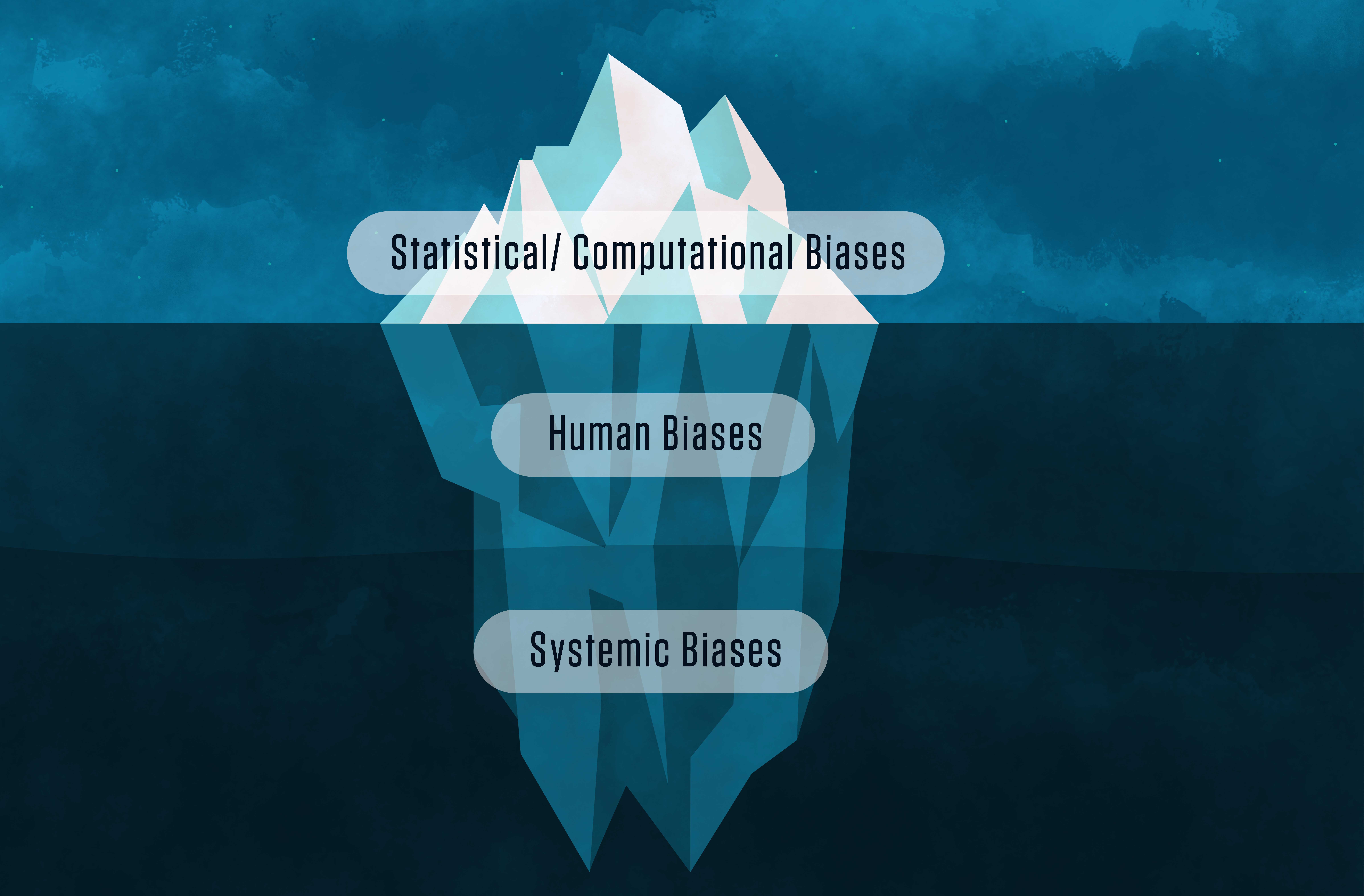Mark Zuckerberg is married to a Chinese-American woman, but ...
Meta's AI image generator, Imagine, has faced criticism for its alleged racial bias. The tool was called out for its inability to generate images of an Asian man with a white woman, sparking controversy. This bias is particularly notable considering that Mark Zuckerberg, the CEO of Meta, is married to a woman of East Asian descent.
AI-Powered Image Generator by Meta
Meta's AI-powered image generator, called Imagine, was introduced in late last year. This innovative tool has the capability to transform written prompts into realistic images swiftly. However, users discovered a significant limitation when it failed to produce images depicting mixed-race couples. 
When Business Insider tested the tool by requesting an image of an Asian man with a white wife, only images of Asian couples were generated. This revelation raised concerns about the biases embedded in Meta's AI technology, especially in the context of Mark Zuckerberg's marriage to Priscilla Chan, a woman of Chinese heritage.
Mark Zuckerberg and Priscilla Chan
Mark Zuckerberg's wife, Priscilla Chan, is the daughter of Chinese immigrants in America. The couple met during their time at Harvard University and tied the knot in 2012. Their relationship highlights a personal connection to the issue of racial bias in technology, given the limitations of Meta's AI image generator. :max_bytes(150000):strip_icc():focal(979x539:981x541)/mark-zuckerberg-priscilla-chan-1-a98a114c1a1d40648720051d09c069f7.jpg)
Some social media users humorously shared pictures of Zuckerberg and Chan, illustrating that they could successfully create the images that the Imagine tool struggled to generate.
Concerns in the Tech Industry
The Verge first reported the issue, underscoring the platform's struggle to depict interracial relationships accurately. This incident is not isolated, as other tech giants like Google have faced similar criticisms regarding biased AI algorithms.
Dr. Nakeema Stefflbauer, a specialist in AI ethics, has previously highlighted the dangers of algorithmic bias and discrimination in AI technologies. The lack of diverse representation in training data can lead to skewed outcomes, as seen in the case of Meta's image generator. 
Implications of Racial Prejudices in AI
Generative AIs like Gemini and Imagine rely on extensive datasets that often reflect societal biases and prejudices. The limited representation of mixed-race couples in training data can contribute to the challenges faced by AI algorithms in generating inclusive and accurate images.
Addressing these issues is crucial for the development of fair and unbiased AI technologies. Companies must prioritize diversity and inclusion in their data collection and model training processes to mitigate the perpetuation of racial prejudices in AI.
For more information, you can read the original article on Business Insider.










